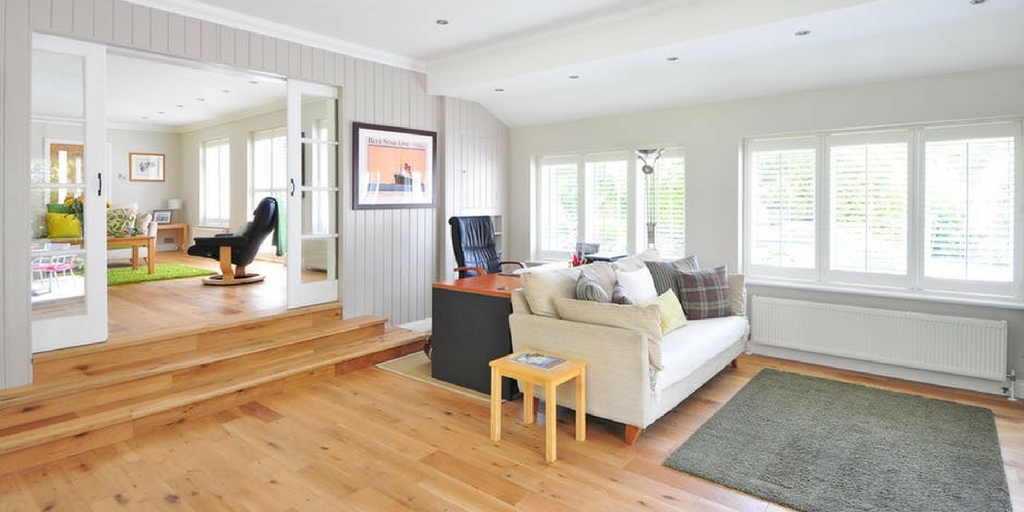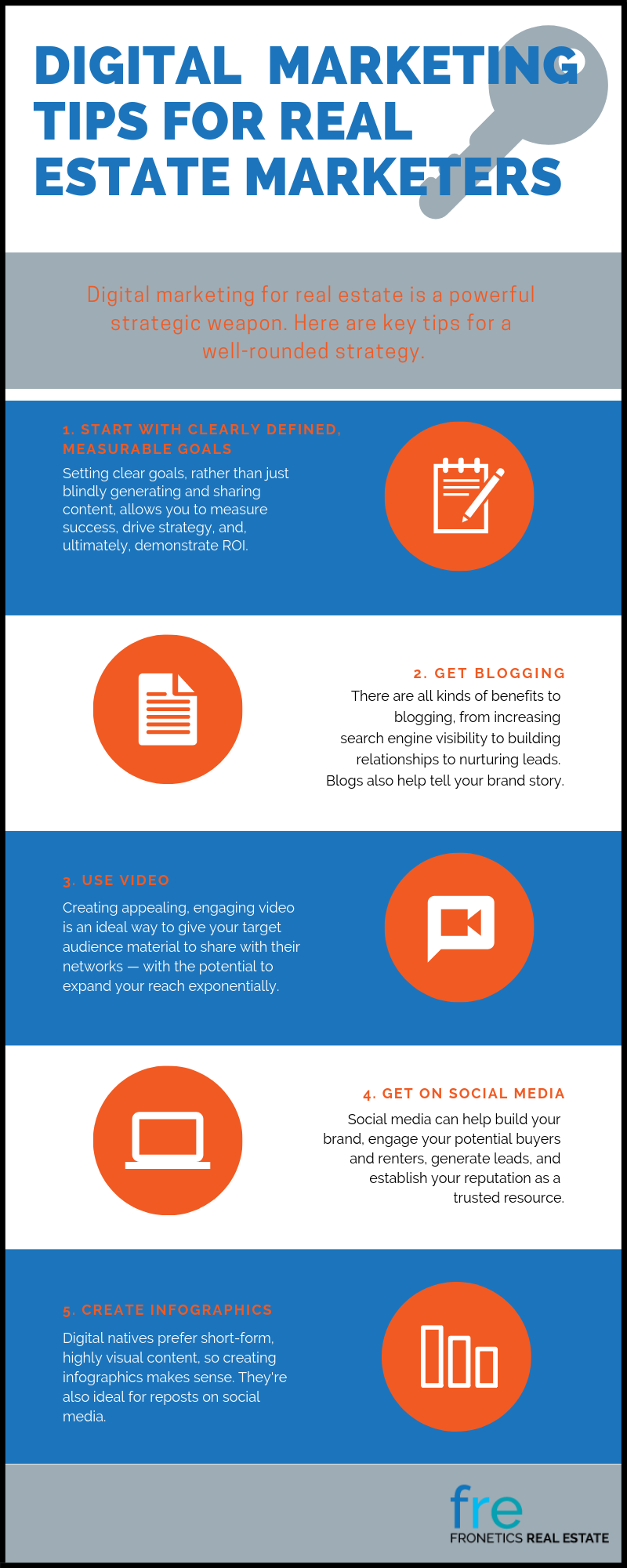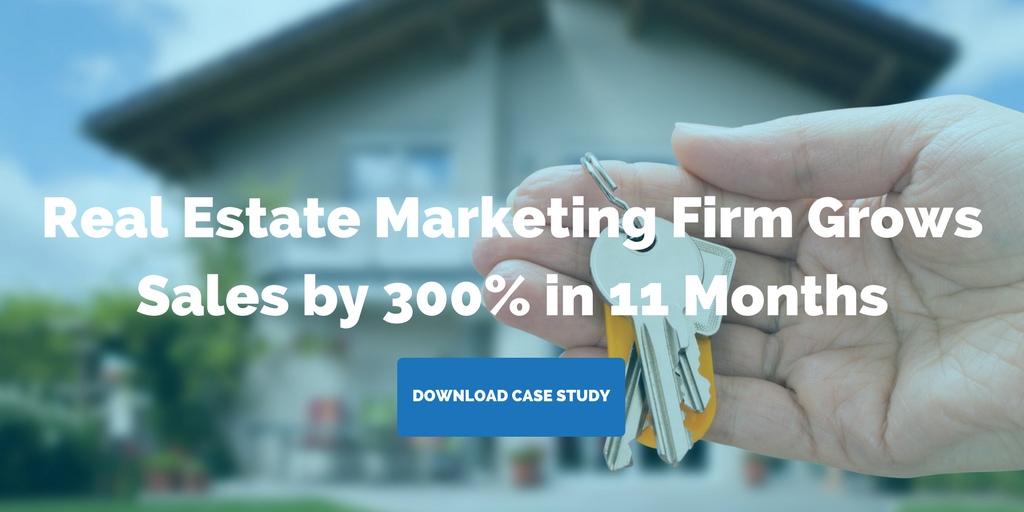Posts Tagged "real estate and digital marketing"

5 Creative Ways to Use Instagram Stories for your Luxury Real Estate Brand
Luxury real estate brands are capitalizing on Instagram Stories to highlight property features and give followers an inside look at what sets them apart.
Highlights:
- With such a highly visual platform comes the challenge of standing out from other luxury real estate brands.
- Stories helps boost reach and engagement by giving users ways to engage with your content.
- Don’t be afraid to make your content pop through filters on your images and videos, use fun fonts and bold text, and create slideshows that break your stories into parts.
Instagram is a natural fit for real estate marketing. And with the growing popularity of Instagram Stories, marketers are increasingly using this feature to highlight their properties and luxury real estate brand. When implemented as a part of a robust digital marketing strategy, Instagram Stories is an ideal place to showcase your latest projects.
But with such a highly visual platform comes the challenge of standing out from other luxury real estate brands. If you want to generate leads, increase ROI, and ultimately close deals, you’ll need to think outside of the box.
Here are five creative ways to use Instagram Stories for your luxury real estate brand
1. Go behind the scenes
Because of the informal feel of Instagram Stories, it’s a great place to highlight your luxury real estate brand and give viewers a behind-the-scenes look at your property. This intimate view into what makes your brand unique helps build engagement and brand loyalty.
Some ideas to showcase your luxury real estate brand include:
- Highlight premier features of your property
- Snap a picture or short video at local restaurants, bars, and events by your property
- Upload an image of an office brainstorm or staff meeting
- Feature new marketing ideas or things your staff are working on
2. Engage
I recently read that Instagram algorithms can make organic reach difficult, which means that engagement can be a challenge. But Stories helps boost reach and engagement by giving users ways to interact with your content. Ask viewers a question or create a poll to encourage audiences to share thoughts with your brand. What’s your favorite feature in the new penthouse unit? What color should we paint our office door? What videos do you find most appealing. And when audiences respond to your questions or polls, make sure you re-engage with them.
3. Highlights
Looking to get more shelf life out of your Instagram Stories? Try using the Highlights tool.
“Instagram Stories Highlights can live permanently on your profile. They’re like curated collections of Instagram Stories that your followers — both old and new — can tap into and watch any time they like.
“And because of their prime location directly under your bio and above your Instagram feed, it’s the perfect place to direct followers to your most valuable and interesting content,” writes Benjamin Chacon for Later.com.
Highlights is a great tool for gathering several of your most engaged stories and blog posts, and organizing them by topic. For example, your luxury real estate brand can create different highlights for property features, neighborhood information, and office culture. Viewers can easily sort through your content based on their personal needs.
4. Be visual
56% of marketers said they use visuals in their content almost 100% of the time. Instagram called the feature “Stories” for a reason. Don’t be afraid to make your content pop through filters on your images and videos, use fun fonts and bold text, and create slideshows that break your stories into parts. Visual content has significantly higher engagement rates, so get your camera ready.
5. Luxury branding
Instagram Stories leverages two things today’s buyers love: beautiful images and engaging videos. The tool extends a brand’s audience, shows the ins and outs of what makes your brand unique and promotes engagement with your Stories, as well as your Instagram posts. All of these elements develop brand awareness and, hopefully, brand loyalty.
Final thoughts
I’ve heard some luxury real estate brands are hesitant to use Instagram Stories, because of the informal vibe of the tool, something that’s not usually synonymous with luxury real estate. But as Instagram continues to grow in popularity, it’s important for brands to follow their audiences.
Remember, Instagram Stories is just one part of your dynamic digital marketing strategy. Have fun with the tool, experiment with posts including videos and pictures, and see what followers engage with the most. You might be surprised how well your Stories perform.
Still hesitant about getting started? Let us help.
Related posts:
- Measure Social Media Success in Terms of Potential, not Dollar Amount
- How to Use Social Media Hashtags in Real Estate Marketing
- How to Use Instagram for Real Estate Marketing
Posts Tagged "real estate and digital marketing"

Infographic: 5 Tips to Make Digital Marketing for Real Estate Count
Digital marketing for real estate is a powerful strategic weapon. Our infographic gives you some key tips for a well-rounded strategy.
Highlights:
- 88% of all home buyers use the internet to collect information, and for 43%, an online search is their first step.
- When you kick off digital marketing for real estate, setting clear goals, rather than just blindly generating and sharing content, allows you to measure success, drive strategy, and ultimately, demonstrate ROI.
- Video is an ideal way to give your target audience material to share with their networks — with the potential to expand your reach exponentially.
As the realm of marketing has undergone a seismic shift in the past decade, digital marketing for real estate has taken off. According to the National Association of Realtors, 88% of all home buyers use the internet to collect information, and for 43%, an online search is their first step. Real estate marketers are increasingly targeting their efforts on digital media, and content marketing is one of the best ways to do this.
Our infographic below represents our favorite digital marketing tips for real estate marketers. Read on for ways you can use this powerhouse tool to market your brand and properties.
Digital marketing for real estate — 5 tips
1) Start with clearly defined, measurable goals
Effectively selling or leasing property requires a comprehensive, data-driven approach to marketing — which means starting with clearly defined, measurable goals. Are you looking to generate more leads? Raise brand awareness? Grow your social media presence? When you kick off digital marketing for real estate, setting clear goals, rather than just blindly generating and sharing content, allows you to measure success, drive strategy, and ultimately, demonstrate ROI.
2) Get blogging
Blogs help you sell real estate. Period. There are all kinds of benefits to blogging, from increasing search engine visibility to building relationships to nurturing leads. The more you publish, the higher you’ll rank with search engines. And every time you publish a blog post, you increase the chances that a user searching online for real estate will find your website.
Blogs also help tell your brand story. They help buyers imagine themselves in your space. They nurture leads and build trust among potential buyers. In a recent audit of a client’s website, we found that people who read the blog converted at an almost 30% higher rate than other web traffic. That’s significant.
3) Use video
If you’re a frequent reader of our blog, you’ll know that we’ve been writing about the astronomical rise of video in real estate marketing for a while now. We can’t stress it enough: video is here to stay, and it’s time your business starts embracing it as a highly effective content marketing tool.
Part of what makes video such an appealing form of content is its inherent shareability, which drives organic traffic. Getting your content and properties out to your base audience is one thing but empowering that audience to be your ambassadors is a huge next step. Creating appealing, engaging video is an ideal way to give your target audience material to share with their networks — with the potential to expand your reach exponentially.
4) Get on social media
Real estate is a people business. That’s why you should leverage a marketing tool that is also all about people: social media. If you have not begun developing social media strategies for your real estate business, now is the time to get started.
Consider for a minute that in 2017, 81% of Americans had at least one social media profile. And the numbers are projected to continue skyrocketing: by 2020, 200 million people just in the U.S. are estimated to be on social media. Used wisely, social media can help build your brand, engage your potential buyers and renters, generate leads, and establish your reputation as a trusted resource.
5) Create Infographics
Infographics can be one of the most effective mediums for digital marketing for real estate. We know that digital natives, who make up the majority of real estate buyers today, prefer short-form, highly visual content. So, infographics make a lot of sense when it comes to speaking their language. Infographics are also prime candidates for reposts on social media.
Since the text in infographics isn’t readable by search engines, you can make the most out of your content and bump up your SEO by including a transcript of your text with your graphic, ideally at least 350 words.
Final thoughts
Online searches have changed real estate marketing for good. In fact, the possibilities that digital marketing offers are varied, constantly evolving, and exciting. Savvy real estate marketers are using quality content to raise brand awareness, improve SEO, build relationships, and generate leads.
Related Posts:
- A Visual Guide to Social Media Posting Frequency for Real Estate
- 10 Social Media Statistics for Real Estate Marketers 2018
- 10 Quick Ways to Grow Brand Awareness
Posts Tagged "real estate and digital marketing"

Using Online Virtual Tours to Sell and Lease Property
These 4 tips will help you create virtual tours that drive prospective buyers and tenants to buy or lease your properties.
As a real estate marketer, one of the most powerful tools at your disposal is the imagination of your potential buyers and renters. You’re most likely to sell them on your property when they can envision themselves in the space.
Today, nearly all prospective buyers and tenants research properties online before visiting them in person. This is great if you have a strong digital presence. It’s unfortunate for the many properties that are underrepresented by dated websites and listings. And, for those with adequate web presences — even if your content is decent, prospects may be crossing your property off their list if they can’t imagine themselves in your space.
Enter the virtual tour.
A virtual tour gives potential buyers and renters the chance to fully immerse and imagine themselves in your property. Virtual tours help prospects fall in love with places before they’ve even visited. They are becoming almost as important as any showing or open house in today’s market.
As more and more real estate marketers hop on the virtual tour bandwagon, it’s important to keep pace, and make sure your offerings are hitting the right marks. The National Association of Realtors published a list of ways to dress up your virtual tours. We’re summarizing the key takeaways below.
4 tips for creating property-moving virtual tours
1. Create an interactive floor plan.
Vendors like TourVista, Flyinside.com, VHT, MapsAlive, and floorplansonline allow you to create interactive floor plans, so your buyers and renters can get a sense of how the space is laid out. You can display an illustrated map, allowing users to click on areas of the floor plan to see an image or, better yet, a video clip from that perspective.
2. Guide them to the improvements.
Rather than relying on your buyers to imagine how new carpets or cabinets would look, show them. Tools like Obeo’s StyleDesigner allow you to virtually decorate your space, send the images to prospects, or allow them to do the decorating themselves.
3. Use plenty of high-quality images.
The more photos you include, the more effective your virtual tour will be. Using high-definition photos allows your clients to experience your property even more realistically. This goes for photos within the property and photos of the neighborhood, views, and surrounding city or town.
4. Use 3-D.
Microsoft rolled out its Photosynth stitching technology several years ago, taking two dimensional images and re-rendering them in a navigable 3-D image. You can create these renderings with pictures from any digital camera or mobile device and free software from Microsoft. Your buyers and renters can navigate through the property from the comfort of their living room sofas.
Related posts:
- Social Media Trends for 2018 Real Estate Marketers Need to Know
- Social Media Can Be a Strategic Weapon in Real Estate Marketing
- 4 Steps to Building a Successful DIY Content Marketing Strategy for Real Estate





